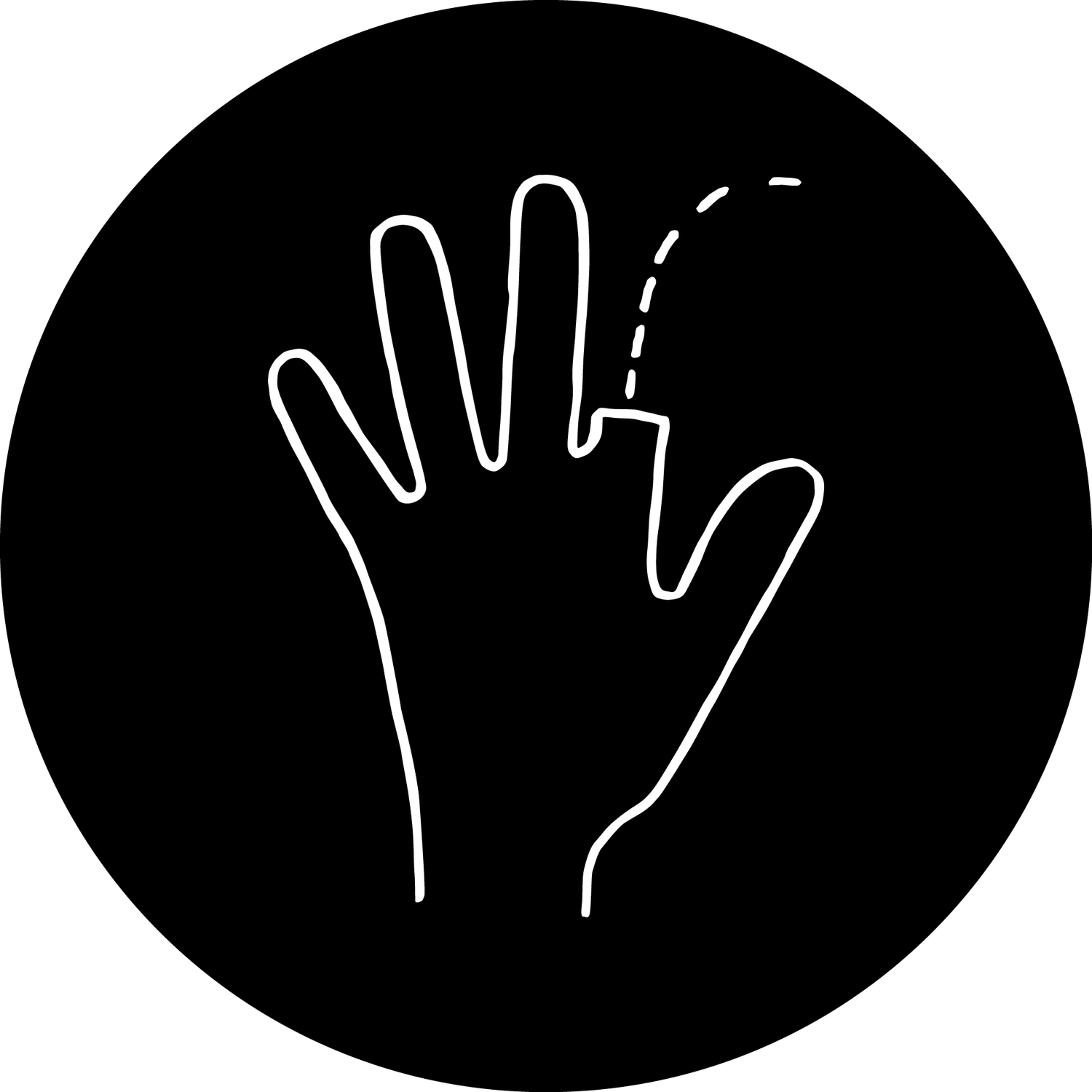Tell us a little bit about yourself.
I was born in Belfast and studied Fine Art BA and MA at the art college in Belfast. I’ve been based in New York for the past 20 years, while continuing to work and exhibit regularly in Ireland.
What is your first Memory of Catalyst?
First memory is more of a pre-memory: a number of artists in the early 1990s were discussing the need for a new organisation that could provide a platform for artists and facilitate exchange with similar groups around the world. Each of us had been involved in various artist-led activities up to that point, and been exposed to successful models for how this could be done in places like Glasgow and Bremen, Germany. When it ultimately started to coalesce, I remember the discussions over the name for this new organization, and whether 'Catalyst' was too similar to 'Transmission'—so that's my first literal memory of "Catalyst"!
Can you tell us a little about your time as a director or your experience working in the organisation.
In the early stages we did not have a space, but were already working on organising projects. I had just started doing an MA at the Art College when we got the first Catalyst space at Exchange Place; I remember working on the renovation of the space in the evenings, and being somewhat torn between all of this taking off and having to complete the course. When I finished the MA, I then started my two year directorship, 1994-96. It was the mad early days, and it felt like there were 20 projects going on at a time, with everyone bringing something different to the table. It was exhausting and exhilarating at the same time, and the amount of value the Arts Council were getting for the modest annual grant they were giving us was ridiculous. It was not just a programme, it felt like a whole ecosystem in itself.
Would you recommend a Directorship and why?
Yes! The best way I can describe it is that it gives you a kind of 3D understanding for how to get art made, seen, discussed—in a way that a studio-bound art practice alone does not. Expanding an understanding of (and responsibility for) what art practice properly involves—to include curation, education, fundraising, marketing, presentation—is an invaluable lesson to take forward, no matter what path you end up following, and you won't get a better experience in that anywhere else. Beyond what's in it for you, the original purpose of the organisation remains vital: to platform the best international art in Belfast, and to provide opportunities for members to exhibit and travel.
What was your biggest acheivment or proudest moment during your Directorship
I co-curated a project in 1995 called 'Barrage' that involved around 14 artists making sound works for an office building on Corporation Street. The building was not long opened, and had won a RIBA award, so was a very different prospect to Exchange Place. We had access to vacant office spaces, as well as common areas within the building—and even some of the occupied offices as well. I think this was the exhibition that I was most satisfied with, in terms of the successful engagement with a very specific context, as well as the quality of the work that was produced for it by the artists involved. It was also a very meaningful project for me as an artist, with the piece I made for the exhibition (yes, we had no ethical issues with doing that then!) initiating a series of works and influencing the subsequent development of my own practice.
Name three things you learned from your Directorship that have stuck with you
Aldus PageMaker.
Burnout is a real thing.
Your community of fellow artists and professionals is your greatest strength.
How has the Directorship helped you in your career?
Having seen how artists can marshal themselves, and what they can do to transform their own prospects in a context like Belfast in the early 1990s—that has provided a kind of touchstone for me over the years. To the point that, when I first came to New York, I was surprised to find a lot of the artists I met curiously passive in their relationship to the infrastructure that existed around them. I'm not saying it has necessarily helped me in my career, but it has given me an important frame of reference to understand the various art worlds—and their relative merits—that I have encountered over the past 25 years.
We are currently on the lookout for new Directors, to apply go to

